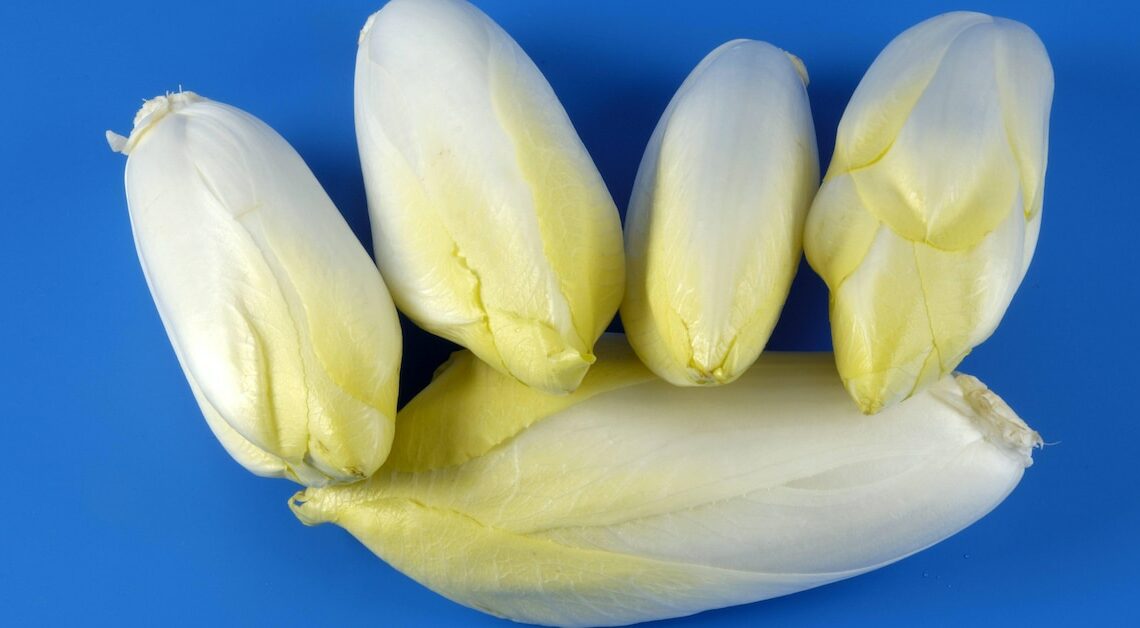
Probiotics and prebiotics may sound similar, but they perform different functions in the body. When combined, they can sometimes be a real game changer.
Probiotic and prebiotic – what are probiotics?
Probiotics are live microorganisms, mainly certain bacteria and yeasts, that can have a positive effect on your health when consumed in sufficient quantities.
- They are often referred to as “good” or “friendly” bacteria because they help maintain the balance of microorganisms in your gut. A healthy gut microbiome is crucial for many bodily functions, including digestion and the immune system.
- Probiotics occur naturally in various fermented foods, such as yogurt, kefir, sauerkraut, kimchi and miso. These foods contain a variety of beneficial bacteria that can benefit your gut.
- For example, yogurt often contains lactic acid bacteria such as Lactobacillus and Bifidobacterium, which help support your digestion and boost your immune system.
Prebiotics – good food for the intestinal bacteria
Prebiotics are non-digestible food components that promote the growth and activity of certain beneficial bacteria in your gut.
- Unlike probiotics, prebiotics are not living organisms, but rather fiber that your body cannot digest on its own. Instead, they serve as “food” for the good bacteria in your gut.
- Prebiotics can be found in many plant foods, especially those that are high in fiber. Common sources of prebiotics include chicory root, onions, garlic, bananas, oats, asparagus, and artichokes.
- These foods contain special fiber such as inulin and fructans, which feed your beneficial intestinal bacteria and thus contribute to a healthy intestinal flora.
Probiotics and prebiotics – optimal combination for your health
Taking probiotics regularly can help improve your digestion and boost your immune system. A healthy gut is crucial because a large portion of your immune cells are located in the gut. Probiotics can also help relieve digestive problems such as diarrhea and irritable bowel syndrome.
- Prebiotics, in turn, support the growth and activity of these good bacteria, resulting in a stable and healthy gut flora. They can also reduce digestive complaints such as bloating and constipation and even play a role in regulating blood sugar levels.
- When you take probiotics and prebiotics together, they are called synbiotics. This combination can be particularly effective in promoting your gut health.
- Probiotics bring the beneficial bacteria directly into your gut, while prebiotics feed these bacteria and support their growth. You can easily incorporate this into your diet, for example by eating yogurt together with oatmeal or bananas.
- It is crucial that you choose the right probiotics and prebiotics for your needs. Your gut is as individual as you are. Not all probiotic strains and prebiotic fiber work the same way, so it can be helpful to consult with a dietitian or doctor to find the best strategy for your gut health.
